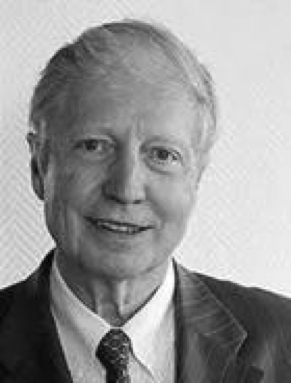SCIENTIFIC COMMITTEE
A scientific council, under the chairmanship of Prof. Jules Hoffmann, Nobel Prize for Medicine, periodically evaluates the quality of the projects carried out, advises the executive, and validates the scientific strategy.
Prof. Jules Hoffmann, Nobel Prize in Medicine
Council's Chairman
Professor at the University of Strasbourg, emeritus research director at the CNRS, former director of the CNRS laboratory "Endocrinology and Immunology of Insects" at the CNRS Institute of Molecular Cell Biology and in Strasbourg, Jules Hoffmann has devoted his work to the study of the genetic and molecular mechanisms responsible for innate immunity in insects and has led to a re-evaluation of the role of innate immunity in mammals.
With Bruce A. Beutler and Ralph M. Steinman, J. Hoffmann was awarded the Nobel Prize in Medicine in 2011.
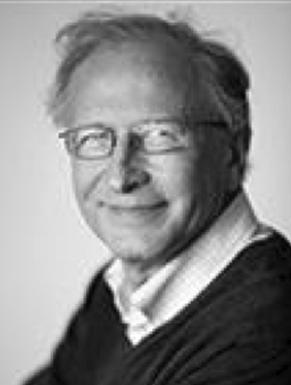
Prof. Alain Fischer
Former director of the Inserm 132 research unit "Immunopathology and infantile rheumatology" (1992-1995), of the Inserm 429 unit "Normal and pathological development of the immune system" at the Necker-Enfants malades hospital in Paris (1996-2006), then of the Inserm unit 768 "Normal and pathological development of the immune system", Alain Fischer has also been head of the department of paediatric immunology and haematology at the Necker-Enfants malades hospital since 1996 and director of the Institute of Genetic Diseases (IHU Imagine) since 2011. Since 2006, he has also been Professor of Paediatrics at the Chair of Genetics of the Immune System at the Institut Universitaire de France.
His work has led to a better understanding of the development and functions of the immune system and the characterization of the molecular basis and pathophysiology of several inherited diseases of the immune system, as well as the development of several therapeutic modalities for these diseases.
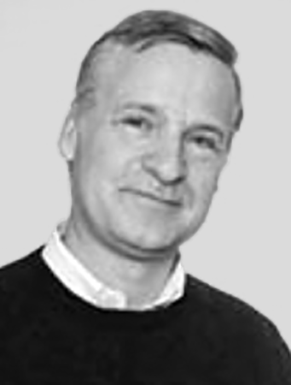
Dr. Frédéric Batteux
Frédéric Batteux holds a doctorate in medicine and science from the University of Paris Descartes and a doctorate in pharmacy from the University of Paris Sud. He heads the biological immunology department of the Cochin Hospital and a research team at the Cochin Institute (Inserm, CNRS) on redox signalling in inflammation and cancer. He is a member of the Management Board of the Paris Descartes Faculty of Medicine and Vice-Dean in charge of international relations.
His research focuses on the description and analysis of abnormalities in redox status and their impact on the mechanisms involved in the inflammation and proliferation of normal and tumour cells. He has been able to show the importance of these mechanisms in certain connectivitis and vasculitis and in digestive and gynecological cancers. This work has also made it possible to show the therapeutic interest of Redox modulators in the treatment of these diseases. It has thus shown the pro-oxidizing role of arsenic trioxide and its efficacy in the treatment of idiopathic scleroderma or scleroderma induced by a graft-versus-host reaction in animals. This work provides part of the basis for the clinical development of arsenic trioxide in humans.

Prof. Jean-François Bach
Professor emeritus at the University of Paris V Descartes, and co-director of the Master of Immunology at Paris V and Paris VII since 2004, after having been director of the DEA of Immunology at Paris V (1998-2004), and successor to Jean Hamburger as director of the Inserm Unit 25 (1983 to 2003) of research in immunopathology and nephrology, then on autoimmune diseases: genetics, mechanisms and treatments.
Jean-François Bach's work, primarily of an experimental nature, has been conducted in mice (NZB lupus mice and NOD diabetic mice in particular, remarkable spontaneous models of autoimmune diseases), with, whenever possible, the transfer of results obtained in animals to human diseases, particularly with regard to new immunotherapy strategies. Among other discoveries, he is credited with discovering the role of regulatory T cells in controlling self-recognition (autoimmunity). With his team, Jean-François Bach was the first to show, in the early 1980s, that the main mechanism explaining this paradox is linked to the existence of sub-populations of regulatory T cells that oppose the differentiation of pathogenic T cells responsible for autoimmune diseases.
Source : http://histoire.inserm.fr/les-femmes-et-les-hommes/jean-francois-bach
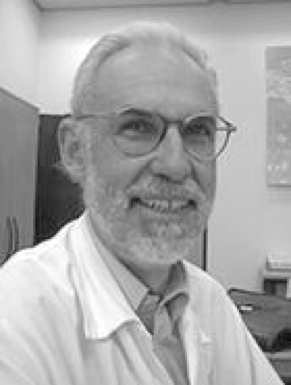
Prof. Carlo Chizzolini
Senior Advisor to the Department of Internal Medicine at the University Hospital of Geneva, Switzerland, in Clinical Immunology and Allergy, graduated from the University of Parma, Italy, where he specialized in Internal Medicine and Clinical Immunology, Carlo Chizzolini cares for patients with systemic autoimmune diseases. He is Chair of the Swiss Cohort Study for Systemic Lupus Erythematosus (SSCS) and is a member of the European organisations EUSTAR and EUVAS involved in systemic sclerosis and systemic vasculitis. He is the head of the Fibrosis and Inflammation Research Group at the University Hospital of Geneva and has published more than 120 original peer-reviewed papers. He teaches students at the Geneva School of Medicine and is a member of several international medical societies.
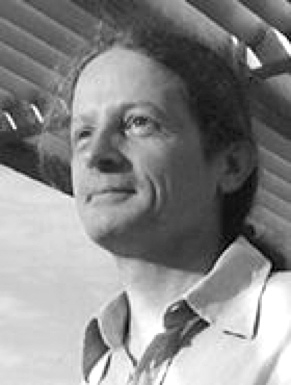
Prof. Bernard Malissen
Research Director at the CNRS and Director of the Immunology Centre (Marseille), Bernard Malissen is a molecular immunologist. His research focuses on T lymphocytes circulating throughout the body and analyzes the surface of antigen presenting cells for minute quantities of foreign or tumor antigens.
In particular, he demonstrated that the co-transfer of TCR and CD8 molecules was sufficient to confer de novo to naïve (inactivated) T cells the ability to specifically recognize a given antigen. He showed that TCR is associated with several CD3 signalling modules. He also showed that all signaling modules known today, associated with T and B cell antigen receptors and receptors for immunoglobulin stem cells, from a common primordial building block consisting of two ancestral exons. It also provided the first evidence of chromosomal inversion during TCR gene rearrangements.
In parallel, B. Malissen is pursuing studies aimed at unravelling the complexity of the dendritic cell networks that are present in lymphoid and non-lymphoid tissues and cooperate with T-lymphocytes. Bernard Malissen is also the director of the Immunophenomics Centre, a new infrastructure dedicated to phenogenomic studies.

